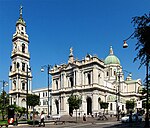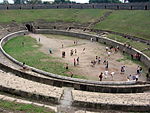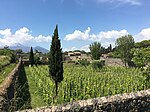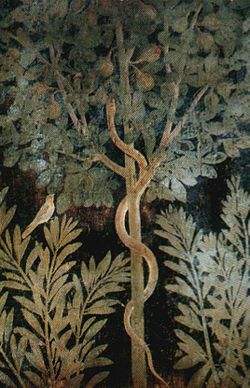Scafati
Campanian geography stubsCities and towns in CampaniaMunicipalities of the Province of Salerno
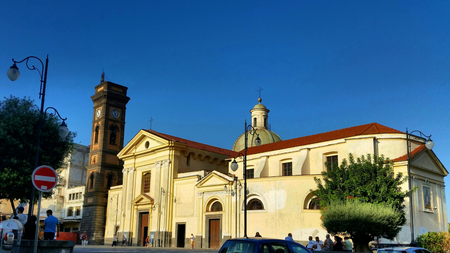
Scafati [skaˈfaːti] (Latin: Scafatum) is a city and comune in the province of Salerno, in the Campania region of southern Italy.
Excerpt from the Wikipedia article Scafati (License: CC BY-SA 3.0, Authors, Images).Scafati
Via Martiri d'Ungheria,
Geographical coordinates (GPS) Address Nearby Places Show on map
Geographical coordinates (GPS)
| Latitude | Longitude |
|---|---|
| N 40.753611111111 ° | E 14.525277777778 ° |
Address
Via Martiri d'Ungheria
Via Martiri d'Ungheria
84018 , San Pietro
Campania, Italy
Open on Google Maps



